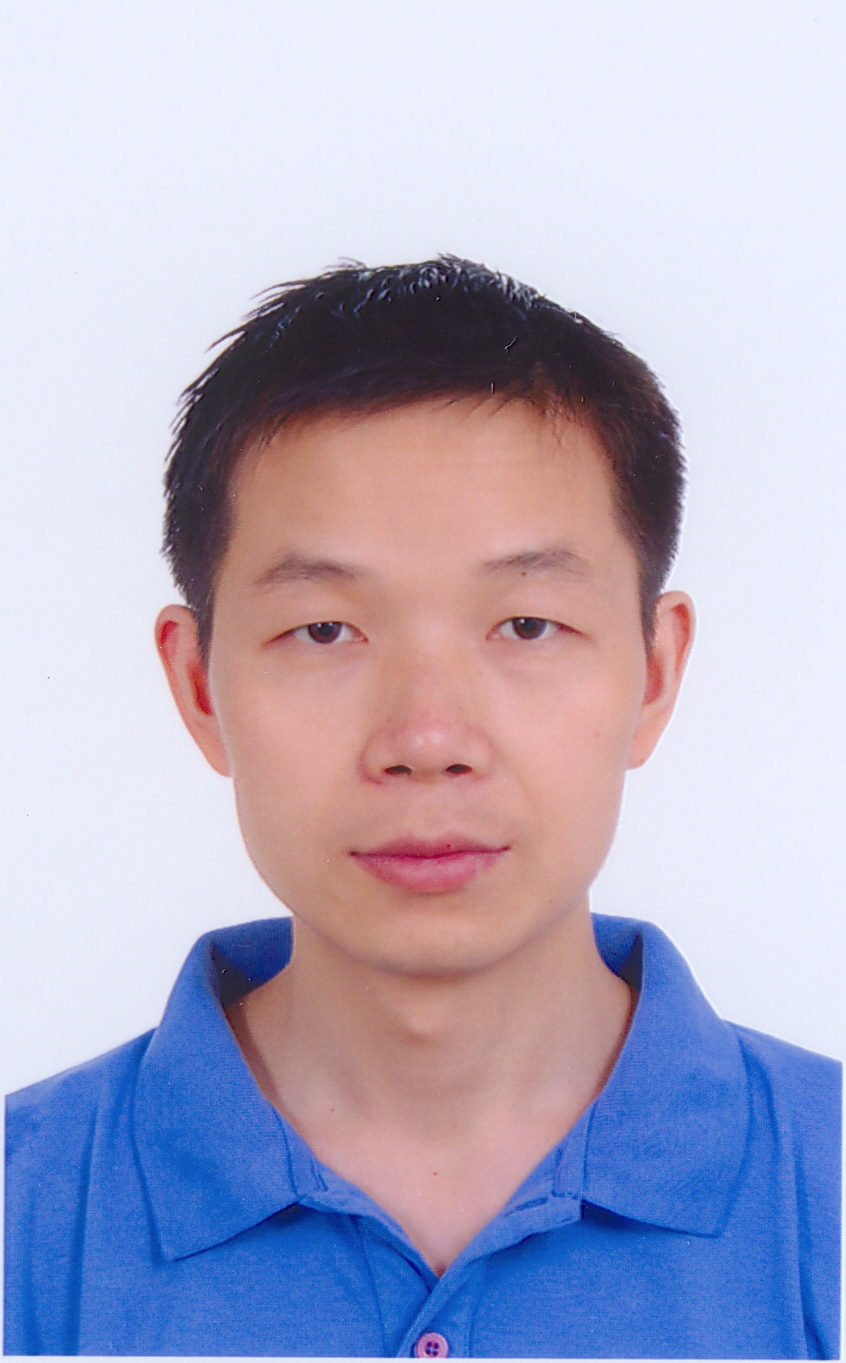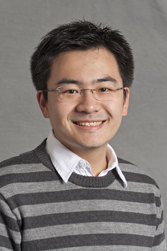Keynote Speakers

Speaker: Xin Yao
He is currently the Director of the Center of Excellence for Research in Computational Intelligence and Applications, School of Computer Science, University of Birmingham, Birmingham, U.K. and also a Changjiang (Visiting) Chair Professor (Cheung Kong Scholar) with the Nature Inspired Computation and Applications Laboratory, School of Computer Science and Technology, USTC. He has given more than 50 invited keynote and plenary speeches at conferences and workshops worldwide. He has more than 300 referenced publications. His major research interests include evolutionary artificial neural networks, automatic modularization of machine learning systems, evolutionary optimization, constraint-handling techniques, computational time complexity of evolutionary algorithms, coevolution, iterated prisoner's dilemma, data mining, and realworld applications.
Dr. Yao was the Editor-in-Chief of the IEEE TRANSACTIONS ON EVOLUTIONARY COMPUTATION from 2003 to 2008, an Associate Editor or editorial board member of 12 other journals, and the Editor of the World Scientific Book Series on Advances in Natural Computation. He was the recipient of the President's Award for Outstanding Thesis by the Chinese Academy of Sciences for his Ph.D. work on simulated annealing and evolutionary algorithms in 1989. He was the recipient of the 2001 IEEE Donald G. Fink Prize Paper Award for his work on evolutionary artificial neural networks.
Title:Recent Advances in Computational Intelligence Approaches for Software Engineering.
Abstract:Computational intelligence has been applied to software engineering for many years. This talk will review some of the recent advances in two major areas. The first one is related to ensemble learning approaches to software effort estimation and software defect prediction. Multi-objective ensemble learning for software effort estimation will be described, where different measures (objectives) are used simultaneously to learn an ensemble with a better and more robust accuracy [1,2]. To exploit the characteristics of software defect prediction problems, class imbalance learning will be introduced to emphasise the importance of the minority class (i.e., defects) with the need to define any cost matrix [3]. The second area to be covered in this talk is on multi-objective optimisation for hard software engineering problems, including software module clustering [4] and software testing resource allocation [5]. At the end of the talk, some other applications of computational intelligence techniques in software engineering will be mentioned.
References:
[1] L. L. Minku and X. Yao, ``Software Effort Estimation as a Multi-objective Learning Problem,'' ACM Transactions on Software Engineering and Methodology, accepted on 4 December 2012.
[2] L. L. Minku and X. Yao, ``Ensembles and Locality: Insight on Improving Software Effort Estimation,'' Information and Software Technology, accepted on 30 September 2012.
[3] S. Wang and X. Yao, ``Using Class Imbalance Learning for Software Defect Prediction,'' IEEE Transactions on Reliability, accepted on 26 November 2012.
[4] K. Praditwong, M. Harman and X. Yao, ``Software Module Clustering as a Multi-Objective Search Problem,'' IEEE Transactions on Software Engineering, 37(2):264-282, March/April 2011.
[5] Z. Wang, K. Tang and X. Yao, ``Multi-objective Approaches to Optimal Testing Resource Allocation in Modular Software Systems,'' IEEE Transactions on Reliability, 59(3):563-575, September 2010.

Speaker: Jian Zhang
He is a research professor with the Institute of Software, Chinese Academy of Sciences (ISCAS). He is also an assistant director of ISCAS. His main research interests include automated reasoning, constraint solving, program analysis and test data generation. He has served on the program committee of about 60 international conferences (including ICSE, APLAS, SAT, CADE, VSTTE, etc.). He also serves on the editorial boards of several journals including the Chinese Journal of Computers, Journal of Computer Science and Technology, and Frontiers of Computer Science.
Title:Antomated Test Data Generation and Static Analysis of Programs.
Abstract:Testing is very important in the development of high-quality software systems. A challenging problem in software testing is the design of a good test suite. In particular, how can we find a small set of test cases so as to achieve certain coverage criteria? In this talk, I shall give an overview of our work on automatic test data generation, for (1) the unit testing of C programs; (2) EFSM model-based testing; and (3) combinatorial testing. All of these works use (backtracking) search techniques. I shall also briefly describe our work on the static analysis of source code, and some bugs found by our tools.

Speaker: Yue Jia
Title:The GISMOE Architecture.
Abstract: The GISMOE research agenda is concerned with optimising programs for non-functional properties such as speed, size, throughput, power consumption and bandwidth can be demanding. GISMOE sets out a vision for a new kind of software development environment inspired by recent results from Search Based Software Engineering (SBSE). Details of the GISMOE research agenda are provided in the extended keynote paper for the 27th IEEE/ACM International Conference on Automated Software Engineering (ASE 2012). This talk overview is a brief introduction to the approach and a description of the talk about the GISMOE agenda at the 2nd Chinese SBSE workshop in Dalian, 8th and 9th June 2013.
